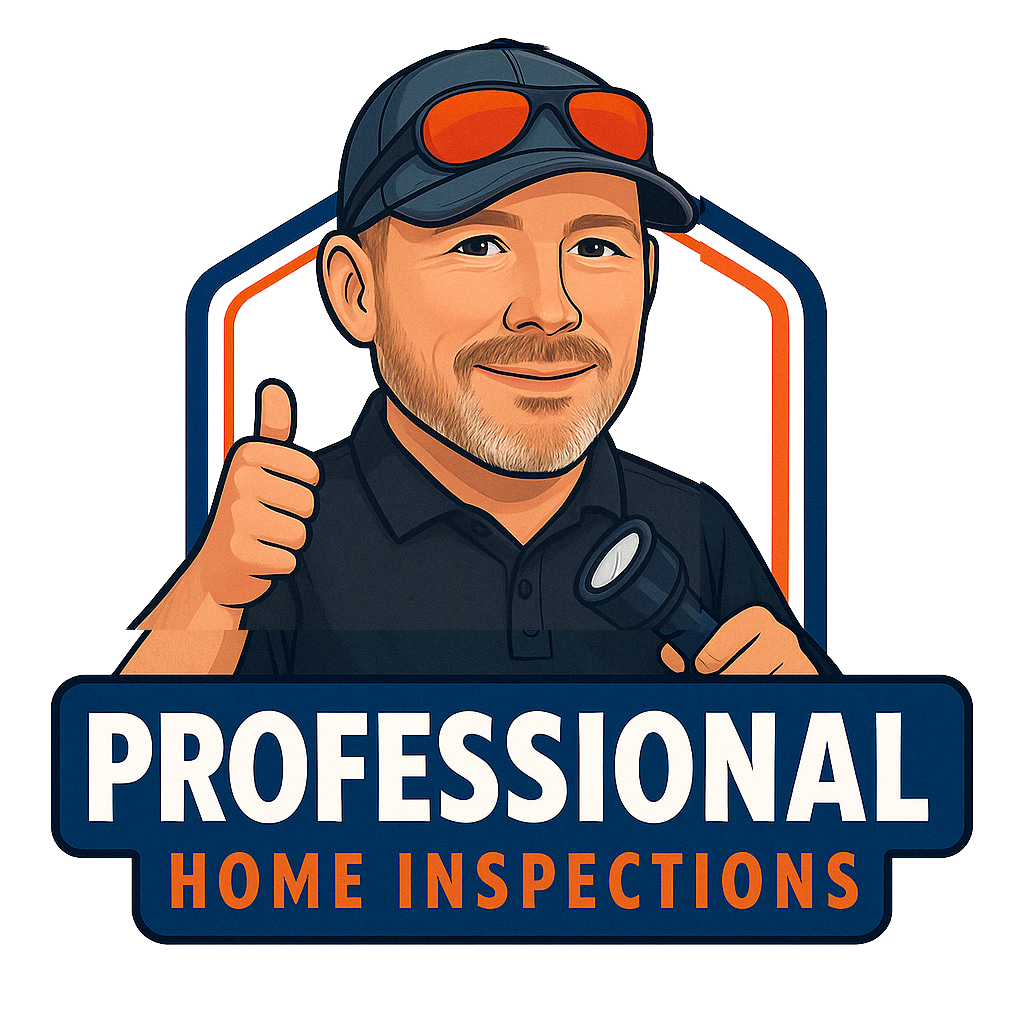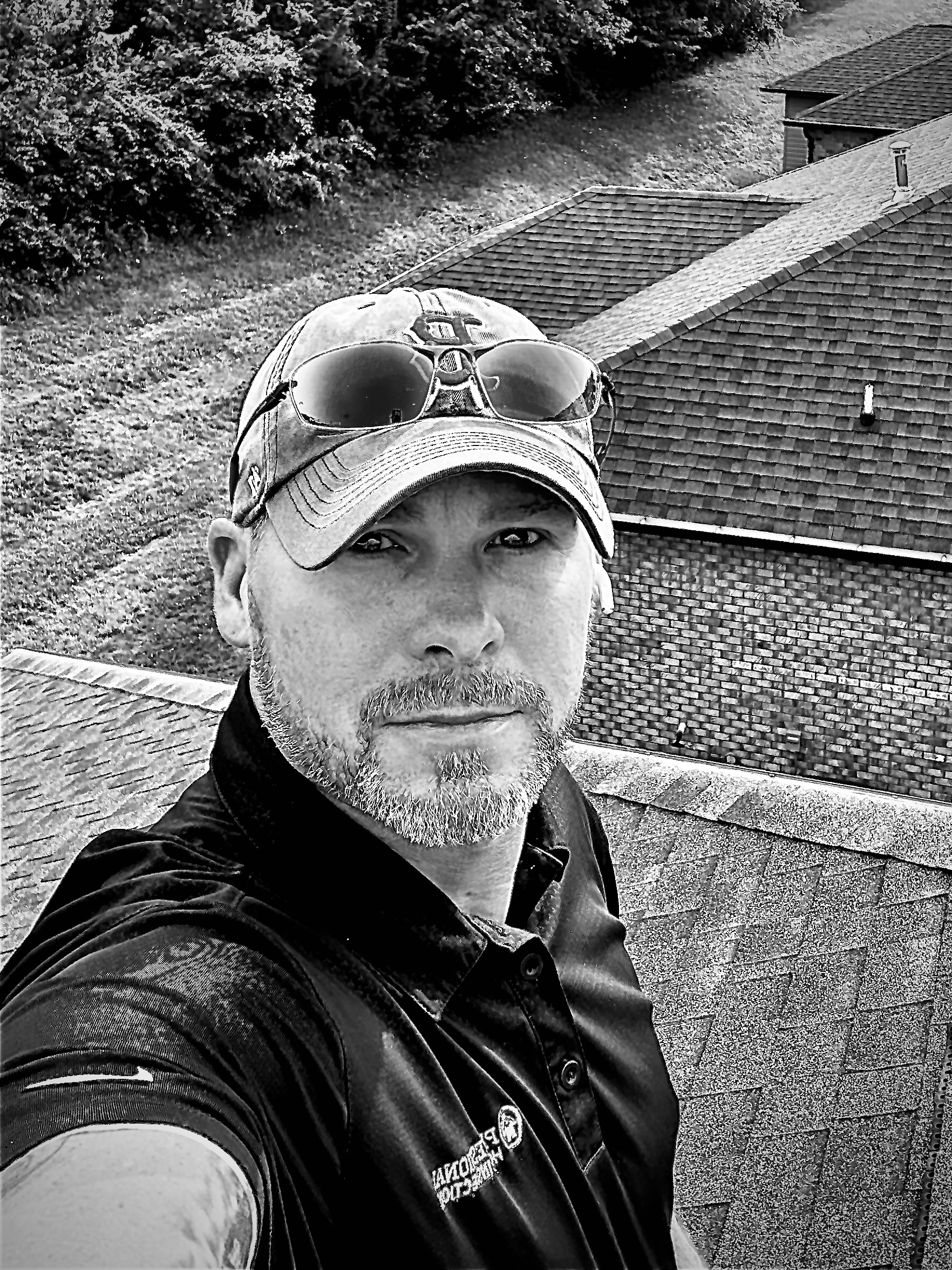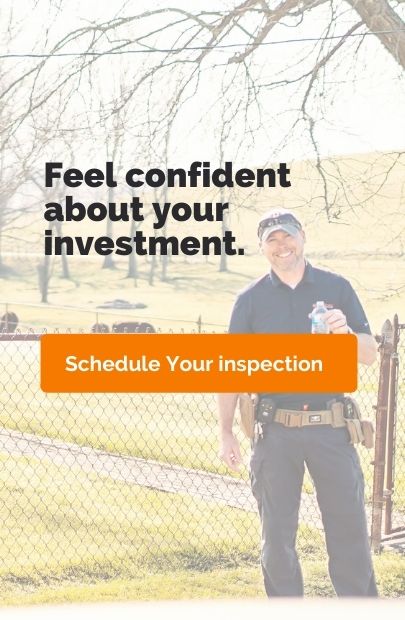Many homebuyers ask the question “Should I get a mold inspection when I’m buying a house?” I think the question they should be asking is “What could happen if I don’t get a mold inspection when buying a house?”
The buyer’s focus when thinking of this problem should be on weighing the costs of getting a mold inspection versus the implications of unknowingly buying a house with mold in it, says Dawson Property Management. The answer to the question becomes pretty clear when the dangers of mold are taken into account.
But first, what is mold and why is it important to check for its presence in a home before you buy it? Secondly, do you really need to pay for a separate mold inspection? Isn’t the home inspection supposed to detect mold if it is present in a house?
What Is Mold?
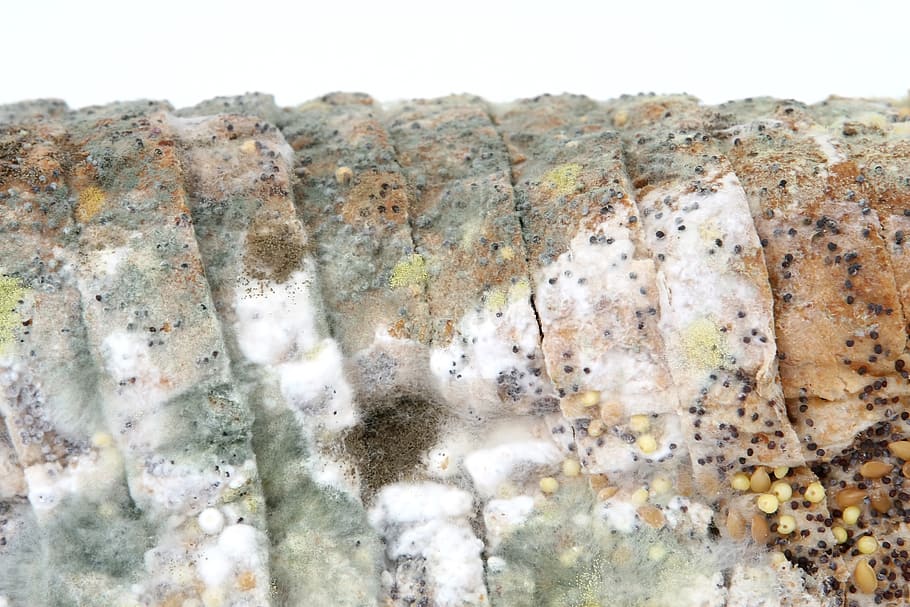
Mold is the general term for various forms of fungus found in damp areas of a house. Mold occurs in several colors (black, white, green, or gray) and shapes. To have mold growing in an area, it must be shaded with high relative humidity.
Favorite places where mold likes to lurk:
- Water-soaked areas and materials such as inside paneling and wallboards, or beneath paint, flooring, ceilings and tiles, and between walls
- Around leaky pipes, windows, and roofs
- In basements or crawlspaces exposed to water from leaks, floods, or pooling rainwater
- In airtight spaces that trap water inside and prevent air circulation
- Inside the ductworks of the HVAC system
Dangers associated with mold
Because mold feeds on the materials it grows on, it will literally eat away at the home and cause parts of it to become weaker. Mold on wallpaper, wood, fabrics, paper, or organic materials will cause them to rot. On concrete, floorboard, and drywalls, it will make it easier for water to penetrate these surfaces.
Also, many forms of mold found inside the home release mycotoxins which cause respiratory problems, rashes, severe fatigue, seizures, and unusual bleeding. It also compounds the health problems of people with asthma, lung conditions, weakened immune systems, and allergies.
 Will the home inspection detect mold?
Will the home inspection detect mold?
It is not meant to as mold detection is excluded in most States and Associations’ Home Inspection Standards of Practice. Whether a home inspection detects mold or not depends on the approach, experience, and ethics of the home inspection company you choose. When we discover what we presume to be Mold, we describe it as a “fungal growth” until accredited laboratory testing confirms what strain of mold it is.
As IA2 Certified mold inspectors, we will alert you to the presence of “fungal growth” during our standard home inspection, and can conduct surface sampling of the growth, and/or indoor air quality testing to determine if the growth is mold.
What is a Mold Assessment and why do you need it?
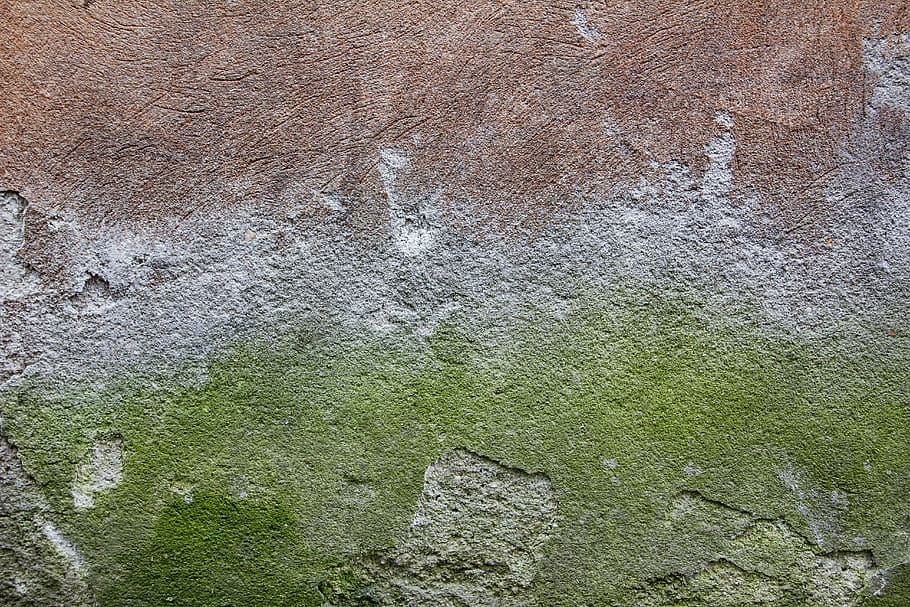
A mold assessment is a thorough examination of a house for the presence of mold. It is done by a certified mold inspector and involves an inspection of every visible inch of the home. It also often includes follow-up laboratory testing and chemical analyses of samples collected from the home.
Most mold assessments are done because a buyer has made it one of the conditions for their purchase of the property.
Here are the reasons why doing this is a good idea:
- Mold is very hard to spot and buyers may not have the faintest clue of its presence until they have concluded the purchase.
- Mold is very easy to hide; sellers are not typically mandated by law to disclose its presence. And it is fairly easy to scrape away the growth and repaint the surface.
- Mold remediation is expensive; costs can go as high as $20,000.
- A certified mold inspector knows where mold hides and has the expertise and equipment to inspect closed spaces, including air ducts
- Certified mold inspectors can still detect the presence of mold on surfaces even if the homeowner has scraped and painted them over.
- A mold assessment saves buyers from the physical health and financial issues that mold can cause them in the future.
What to know when hiring a mold inspector
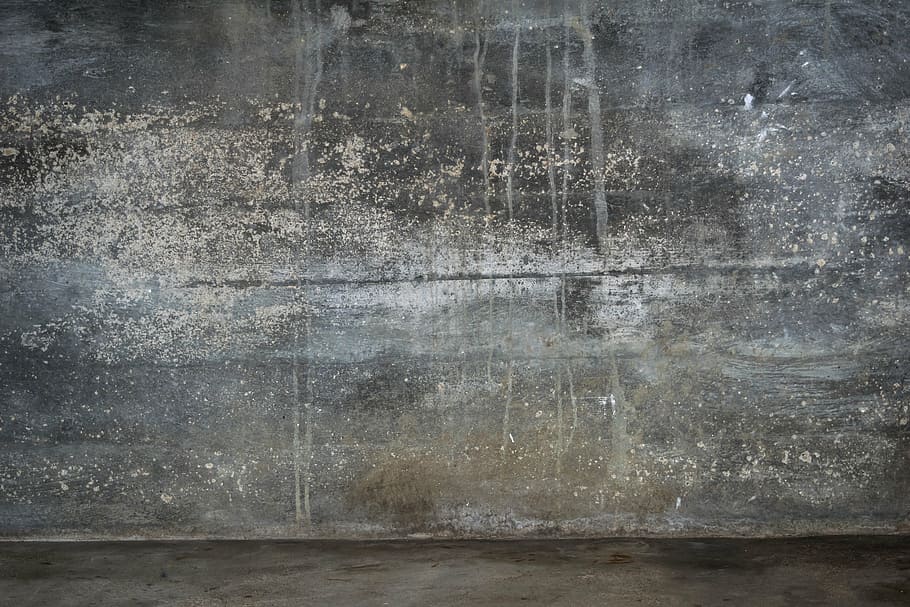
First, DIY test kits and air samples do not work. The reason is they usually look at only a very small segment of the whole property. They cannot be used in the areas of the home where mold is most likely to hide, such as air ducts and crawlspaces.
But to be sure that the mold inspector you hire is up to the task by checking the following:
- They must have training in building envelope science, mold inspection and infrared technology, and water damage restoration.
- They should have been practicing for some years.
- They must have detailed inspection procedures, including air quality testing and surface testing.
- They should have the following equipment: moisture meter, hygrometer, infrared camera, air quality pump, cassettes, and swabs.
- They must have alliances with professionals in related trades.
As an unbiased and IAC2 Certified Mold Inspection company, you can trust Professional Home Inspections to deliver a quantifiable report in regards to your mold concerns, as well as reporting on the conditions that caused its formation in the first place. Read more here: https://prohitn.com/mold_testing/
Or, schedule your Kingsport, Johnson City, Greeneville Mold Assessment now by clicking here: Schedule Now
